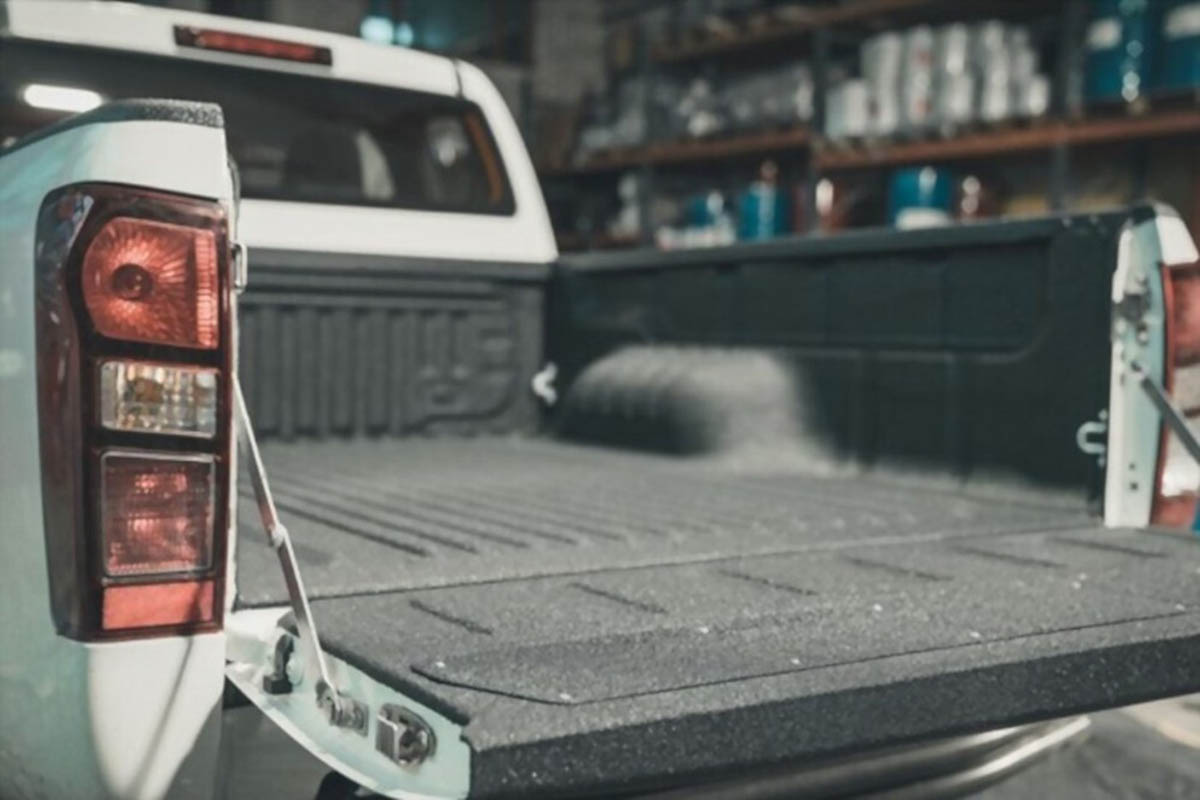Keeping Your Car As Good As New The Simple Ways
Maintaining your car doesn’t always require money or super-skilled expertise.
There are several everyday things you can do yourself to help keep your car as good as new for many years without spending much time or money.
In some cases, you might be better off getting extra help. Here are several car care tips and tricks to help keep your vehicle in shape!
If something goes wrong, let a professional fix it
We all panic when something goes wrong with our cars. But we don’t need to.
There are plenty of experts out there who can help and get you back on the road in no time. You must seek professional car services when something goes wrong.
If you lack mechanic experience, you could risk damaging your car further. Be sure to call the experts, and don’t use your car until it is expertly fixed.
You will be glad you waited! If you are an amateur mechanic, seeking proper advice and maintenance is still best. You can learn from them.
Next, you can find some easy tips to help keep your car as good as new.
Regular Maintenance Checks
- Oil changes. One of the most important things you can do for your engine is to change the oil regularly. Follow the manufacturer’s recommended type and change interval. Fresh oil is a lubricant, whereas old oil contains dirt and grime that can wear the engine down internally.
- Fluid levels. Make sure to watch fluid levels such as coolant, brake fluid, transmission fluid, and power steering fluid. Low fluid levels could lead to engine overheating, brake failure, and many other problems.
- Tires. Check the tire pressure at least once a month before any long trip. Properly inflated tires boost fuel efficiency, handling, and tire life.
- Air filter. Replace the air filter as frequently as indicated in the vehicle’s manual. A clean air filter will help your engine’s efficiency and keep contaminants out of the engine’s internal components.
- Monitor the battery. Battery care includes cleaning the battery terminals every so often to avoid corrosion and testing the battery periodically, especially before extremely cold or hot weather, to ensure it is in great working condition.
Exterior and Interior Maintenance
- Regular washing. Give your vehicle a wash about once a week, if possible. Wash dirt, salt, and winter grime off your vehicle often. It will help keep the finish looking good and help minimize oxidation under the finish. Always use a mild soap for cleaning and a soft cloth so you do not scratch the finish.
- Waxing and polishing. Wax your vehicle and use some protective agent (alien) on it. This will help protect the finish from the sun, dirt, and all the other agents that are in the air. Waxing adds a tough layer of protection that prevents the sun from oxidizing the paint.
- Car covers. If you park your vehicle outside for long periods of time, for example, at work, consider using a generic car cover. Sheath-like car covers can protect your vehicle from bird droppings, dust, acid rain (bird droppings), tree sap, sun exposure, moisture, and all the other agents of destruction.
- Inspect for Damage: Look for and repair any damage to the paint as soon as possible. Have rust spots repaired right away.
- Vacuuming. Remove dirt, debris, and crumbs regularly to prevent offending smells and stains. A tidy cabin begins with routine vacuuming. Use a quality vacuum cleaner that includes an upholstery attachment. Thoroughly vacuum the carpet, floor mats, and upholstery.
- Protective Measures. Use seat covers, floor mats, sunshades, and other protective covers to shield the interior from everyday spills, ultraviolet sunrays, and regular wear and tear.
Some additional tips for your car include
- Another helpful tip to remember is to stay within the vehicle’s cargo weight capacity and tow load limits. Overloading the vehicle or trailer can ultimately damage the suspension, brakes, engine, or drivetrain. Moreover, exceeding these limits can lead to an accident due to sudden, likely uncontrollable handling changes, damage valuable trailers and vehicles, or cause severe damage or injury.
- Allow the engine to warm up for a few minutes before driving, especially in cold weather. This allows fluids to circulate and ensures optimal engine performance.
- Turn the vehicle’s engine off when you’re going to be stopped for more than a few seconds (except when you are in heavy traffic). Idling can use a quarter to a half gallon of fuel per hour, depending on engine size and air conditioner use. Excessive idling can damage your engine.




















